What would you nominate? For many people it’s the Bible, or the Q’ran. For those not of a religious persuasion, it might be Homer’s Odyssey or the Works of William Shakespeare. Ladies and Gentlemen, I give you the entrant from the sub-continent: the Mahabarata.
The Mahabharata is the great epic poem of India. It makes War and Peace look like a Marvel comic.
It consists of one hundred thousand stanzas of verse divided into eighteen books, and at 1,800,000 words (work it out - how many words can you write a day?) it is the largest single literary work in existence. Victor Hugo could only manage a paltry half a million for Les Miserables.
source: [email protected]
The story is known in various forms throughout Asia, not just in India. At the Angkor Wat in Cambodia, for example, there is a painting that depicts Vyasa narrating the Mahabarata to his scribe, Ganesha. Ganesha, of course, was a god who was also half elephant. Perhaps this explains why the Mahabarata is such a Jumbo sized book.
Its origins are steeped in myth and fantasy. The core of the book is about a dynastic conflict that took place in the tenth century BC, but the text itself was composed in around 400 BC by a man called Vyasa, and the work was added to over the next eight centuries. Written in Sanskrit it narrates the story of the bloody feud between two aristocratic families, the Pandavas and the Kauravas, in the northern Indian kingdom of Hastinapur in modern day Uttar Pradesh.
The conflict culminates in an epic eighteen-day battle. As in Shakespeare almost everyone dies in the end except the victors, the five Pandava brothers. Even Krishna dies at the end. This event marks the beginning of the Hindu age, the fourth and final age of mankind, in which great values and noble ideas have crumbled, and man is heading toward the complete dissolution of right action, morality and virtue.
(If you look at what’s happening in Egypt right now, you could argue that this prophecy has proved correct. See here : http://piperbayard.wordpress.com/2012/05/07/101-uses-for-a-dead-spouse/)
To try and describe the plot of the Mahabarata to you would make your head explode, so I won’t. It is the epic to end all epics, the blockbuster to bust all blocks, a tale of ambition, lust, jealousy and betrayal on a massive scale.
It is also the story of good versus evil, and the fight for truth. The poem’s theme focuses on the Hindu concept of dharma, or sacred duty, as well as the key tenets of Yodic and Vedantic philosophy. The Ramayana and the Bhagavad Gita, the sacred text of the Hindus, are also contained within its pages. It discusses ethics, law, philosophy, history, geography, genealogy, and religion. Legends, fables and folklore are all woven into the sprawling narrative.
It is a concise guide to Hindu philosophy as well as a self help book. Doctor Phil meets Bollywood meets the Sunday sermon.
If you can imagine War and Peace with the New Testament in it, then you have some idea of the importance of the Mahabarata in Hindu culture. It is probably the most ambitious book ever written. It makes Marcel Proust look like he spent his life on the couch watching football.
[youtube http://www.youtube.com/watch?v=xKn7-xXyLpY&w=560&h=315]
It is India’s most valued work of classical literature. Gandhi used the text to inspire the independence movement. As the book claims in its own blurb: “That which is found in these pages may be found elsewhere, but what is not in these pages exists nowhere.”
So if anyone out there still dreams of writing the Great American Novel, here’s a template. This is The Great Indian Novel. This is what you have to do. One point eight million words. Better get started now.
Now your mission for today, should you choose to accept it: try and get that song out of your head.
Maha-Maha-barata … it’s worse than Achy-Breaky heart.

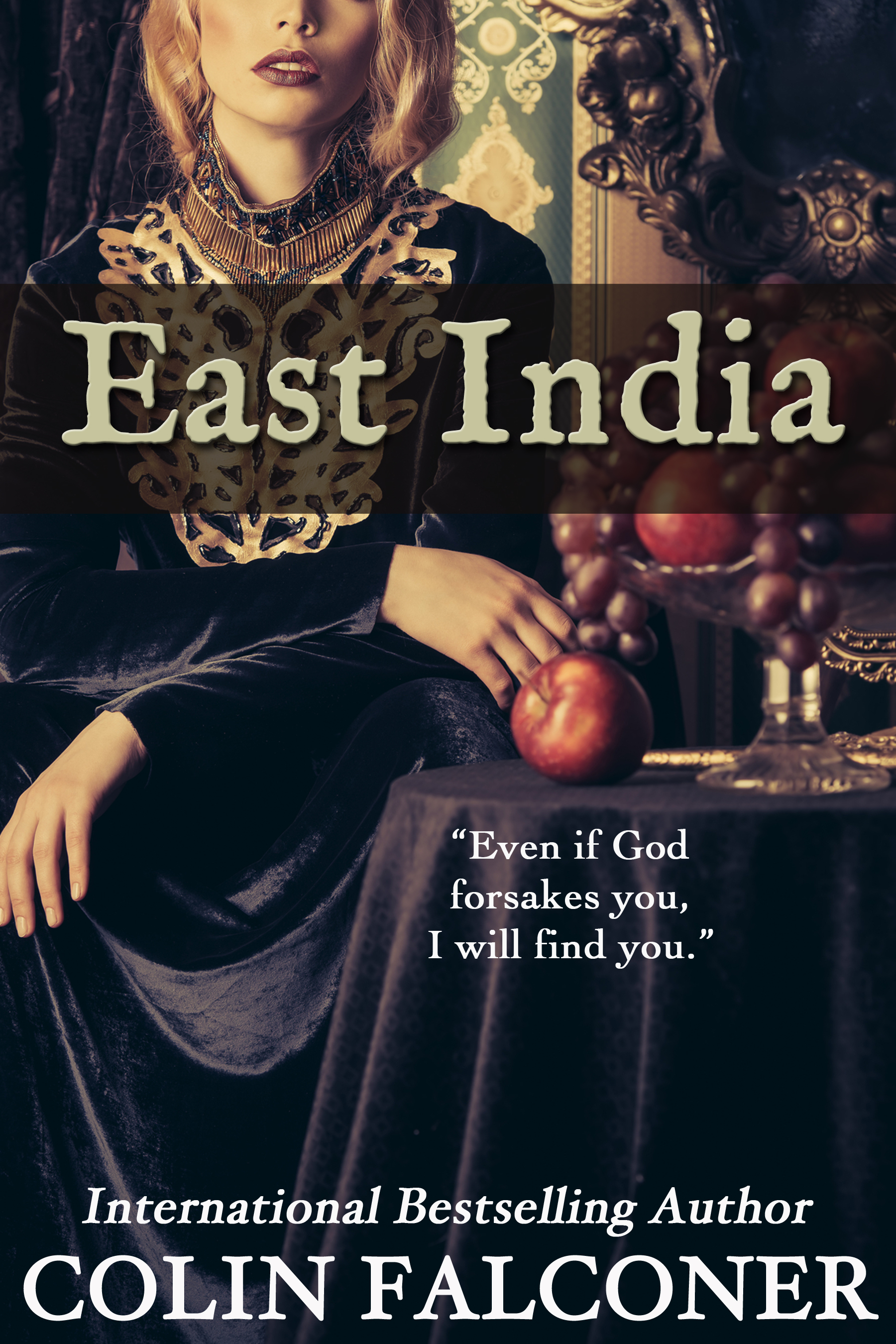
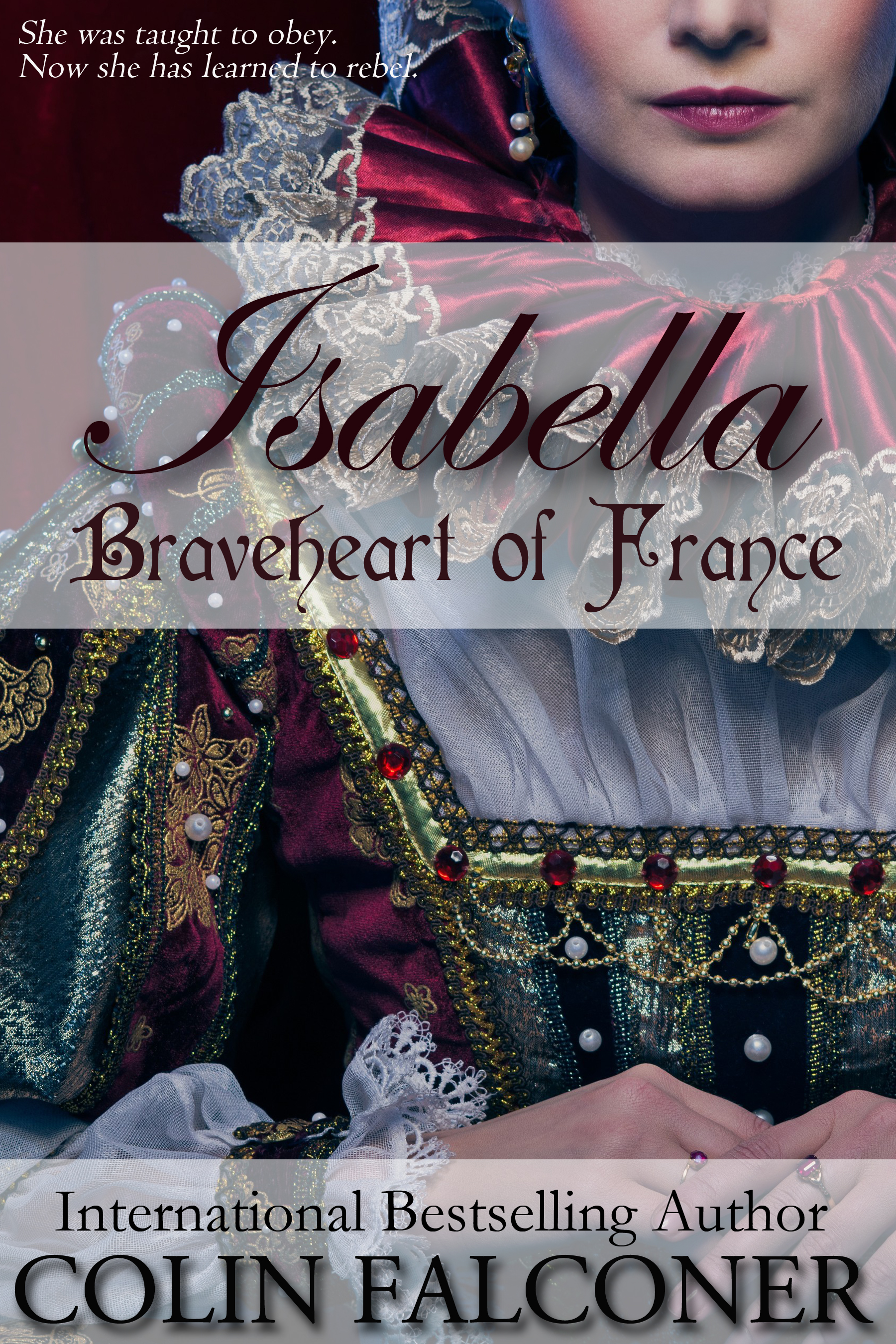
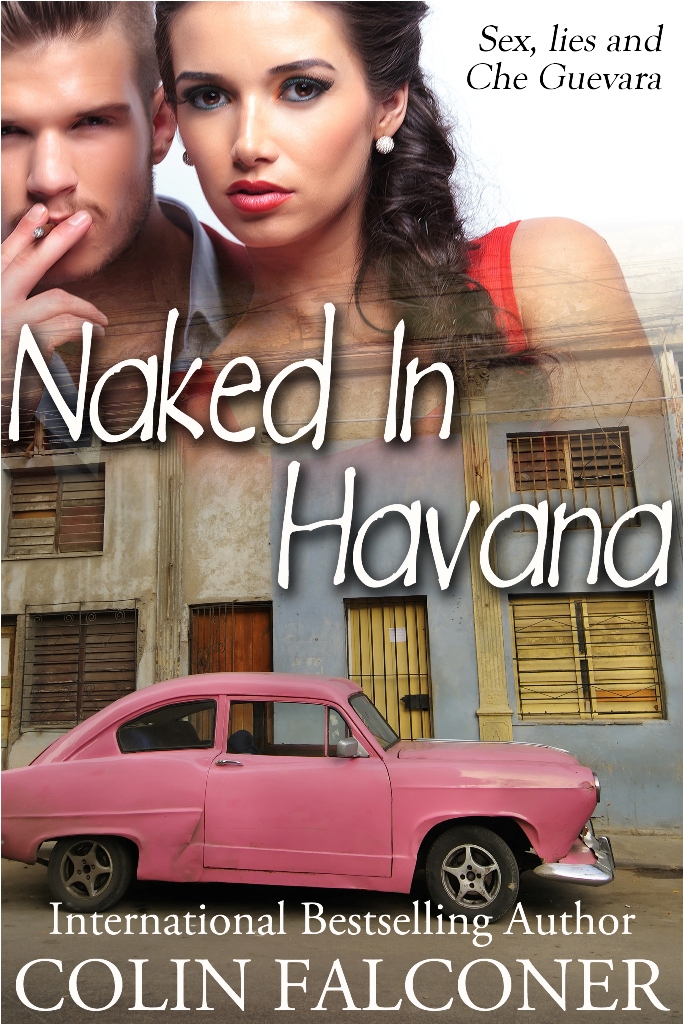
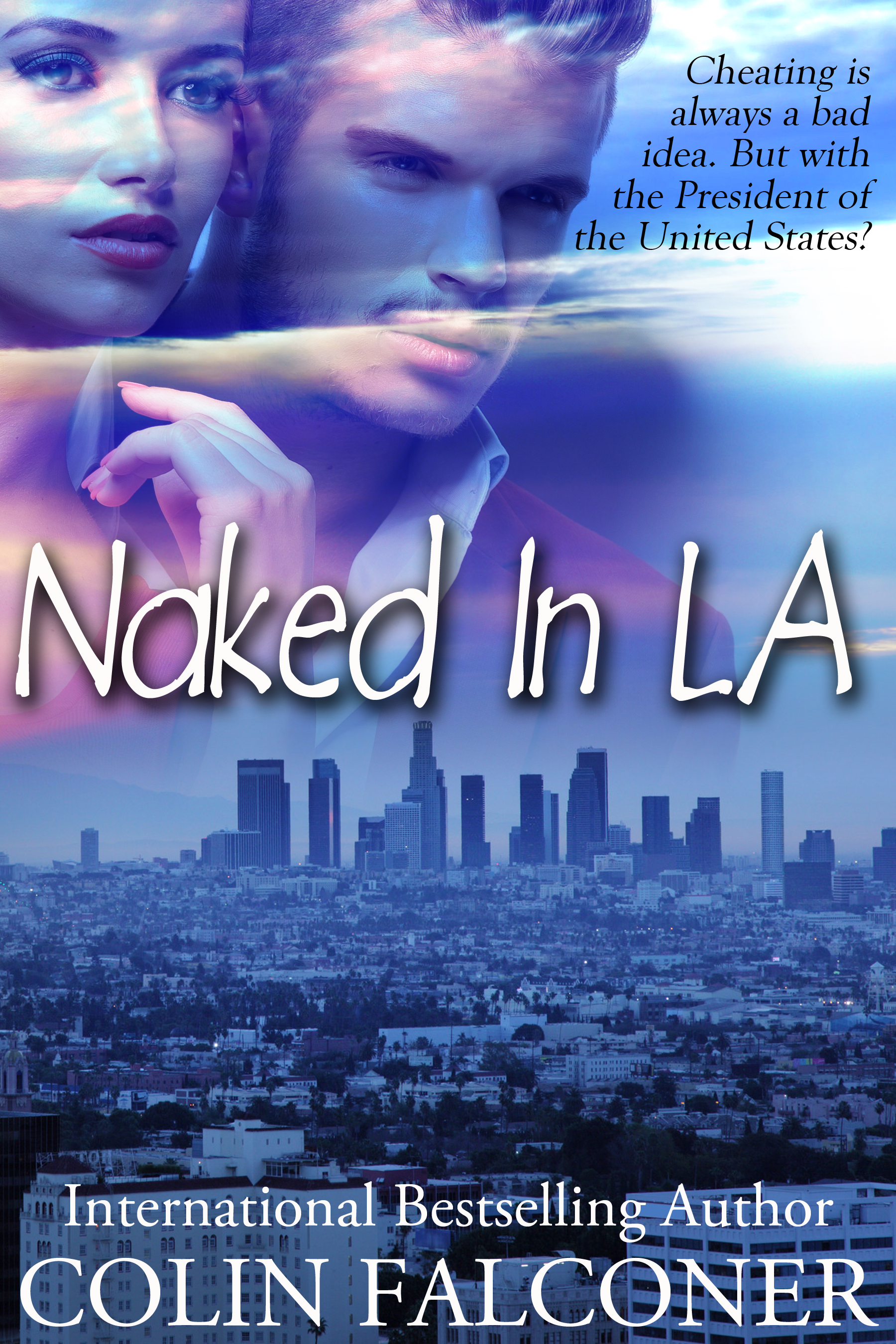
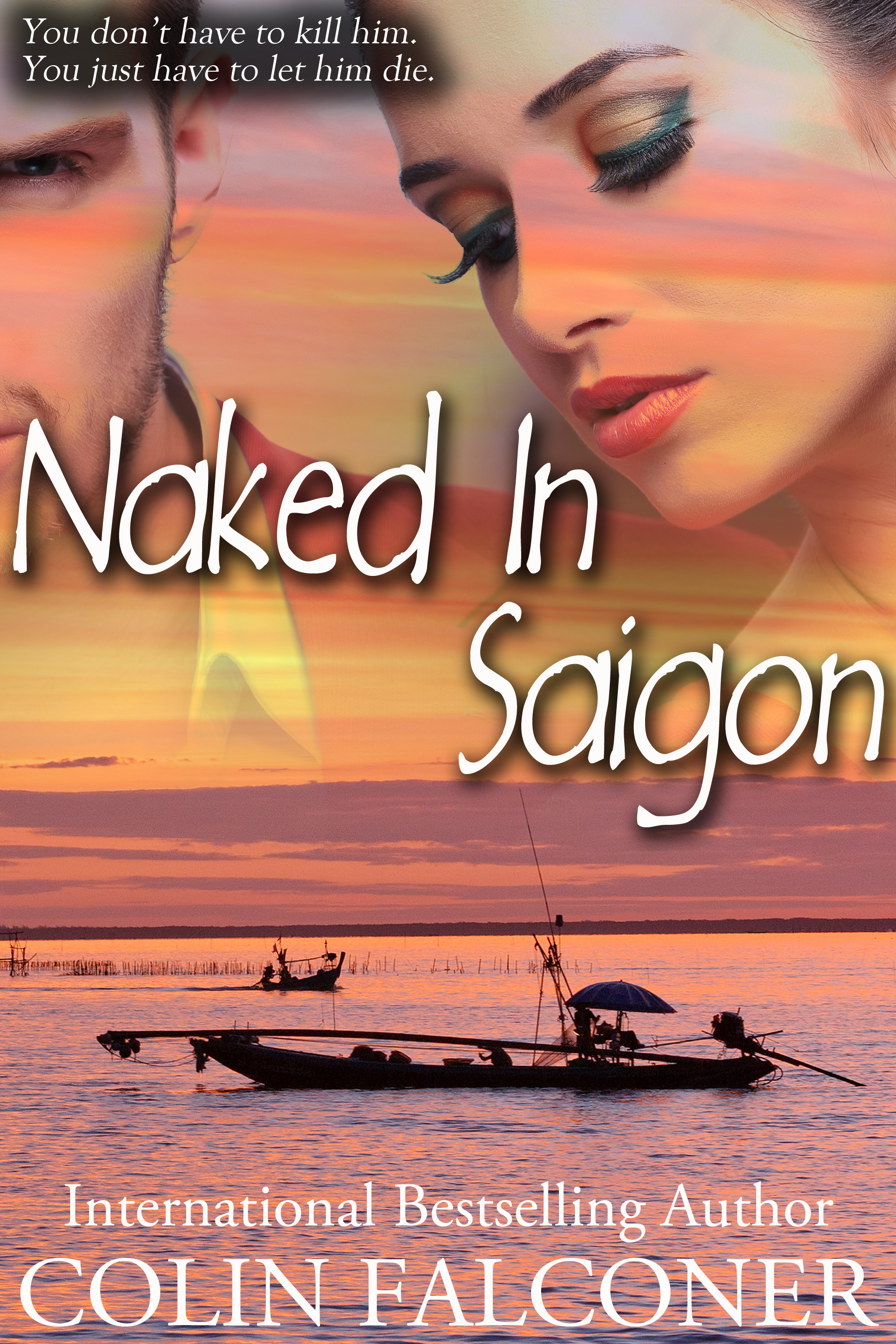
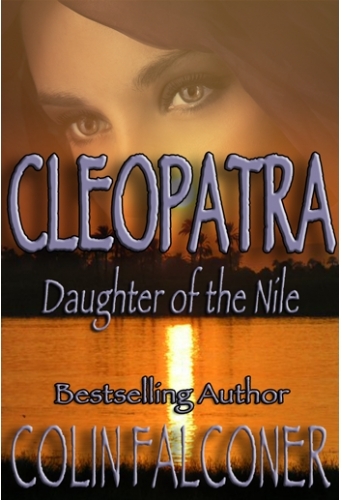
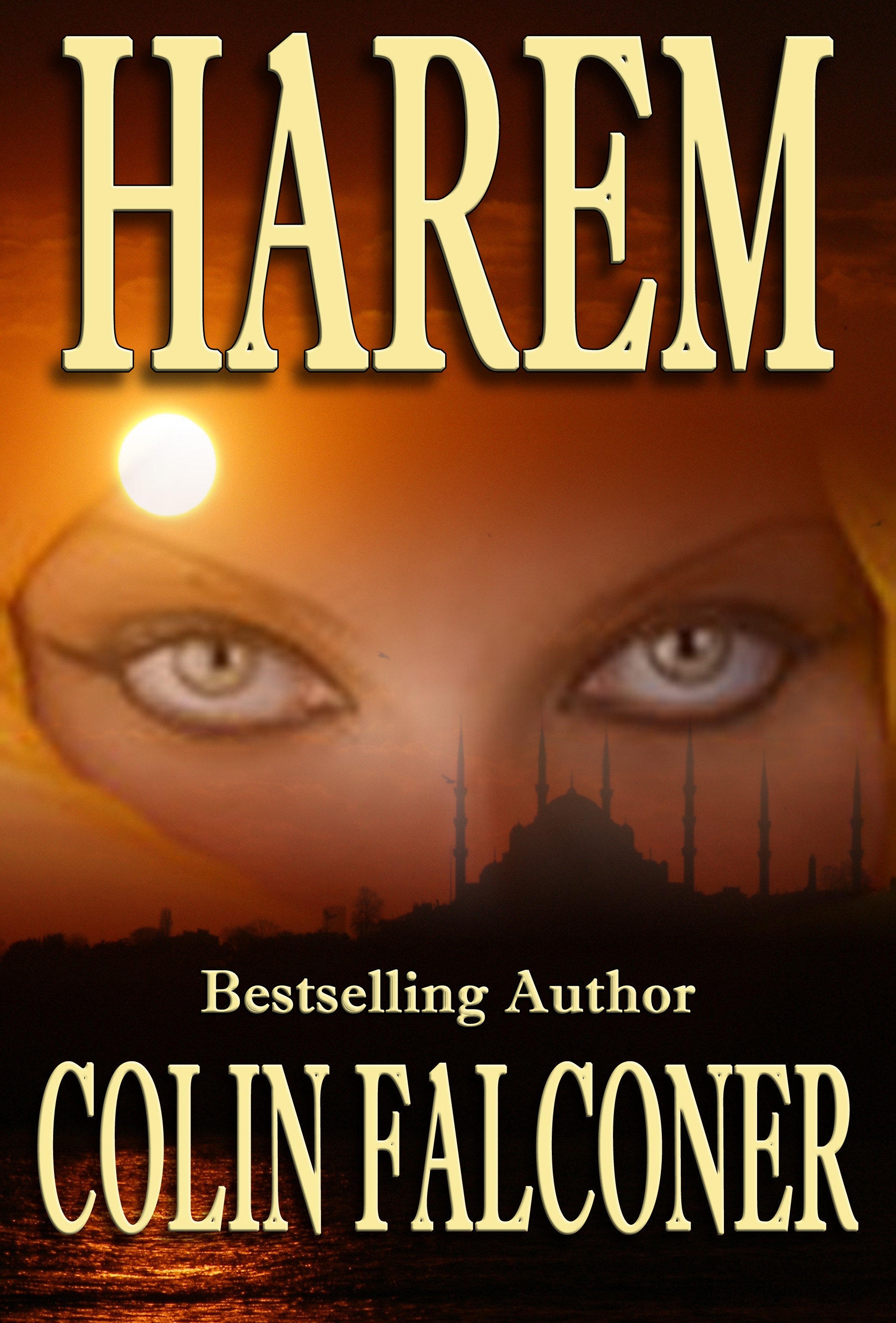
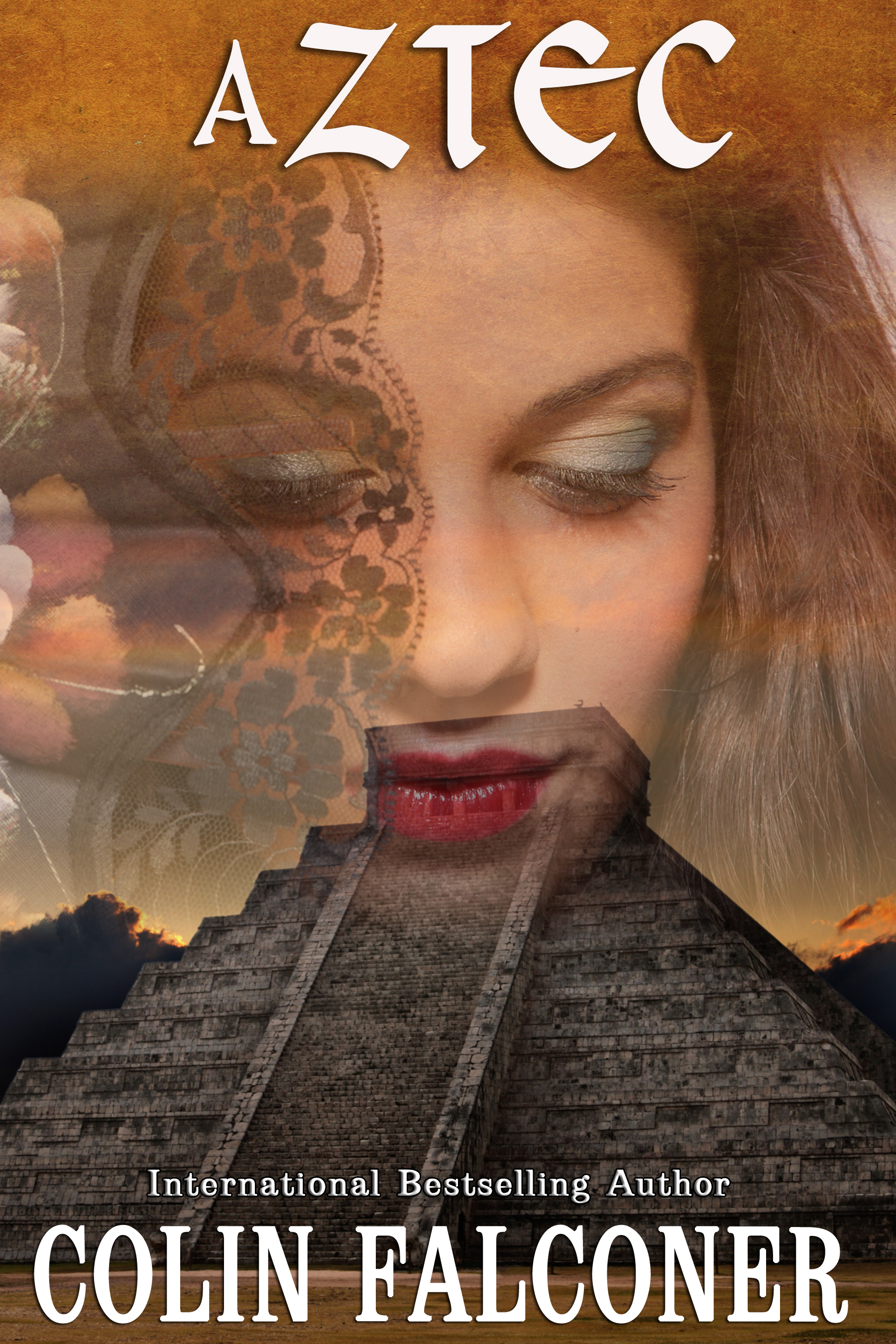
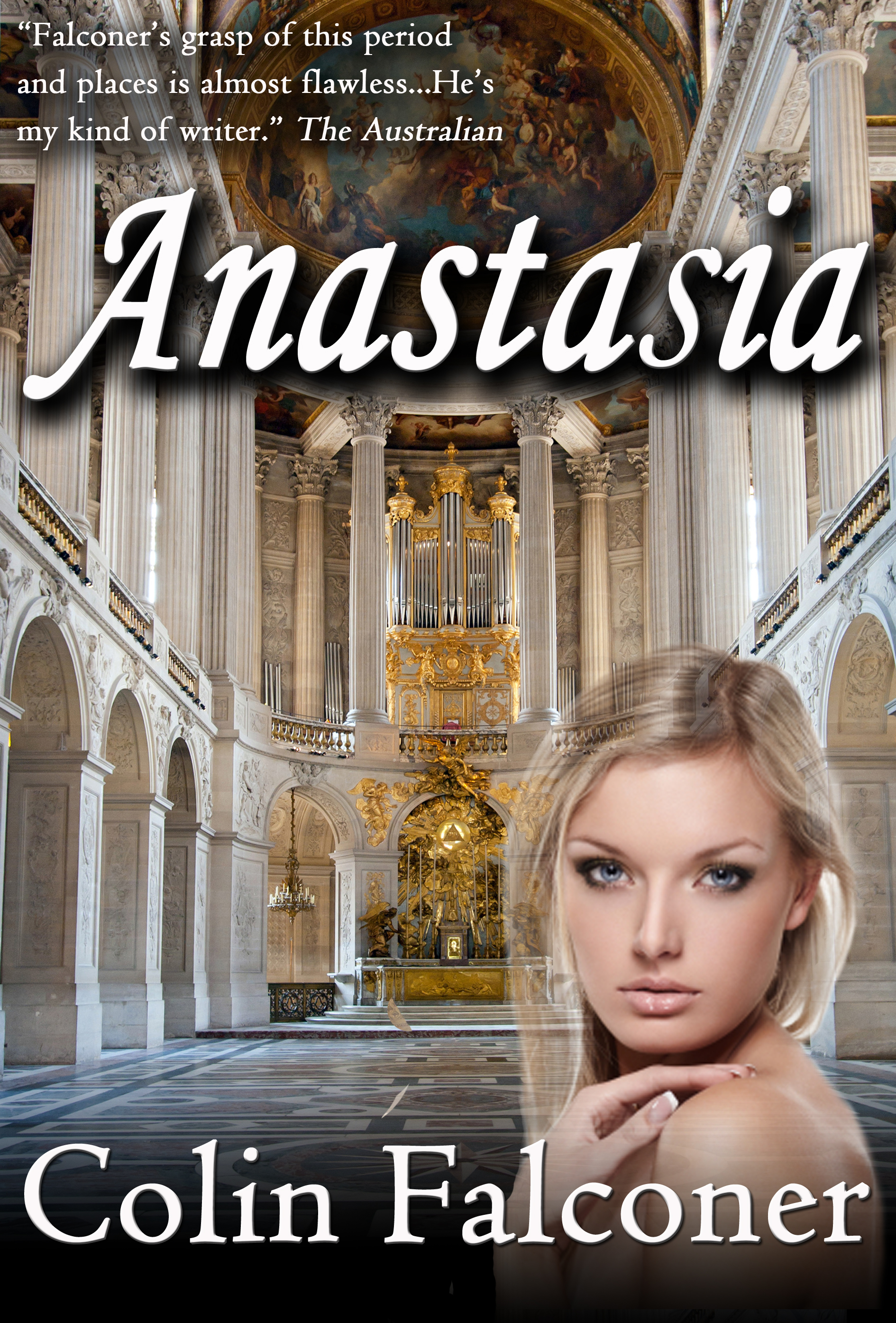
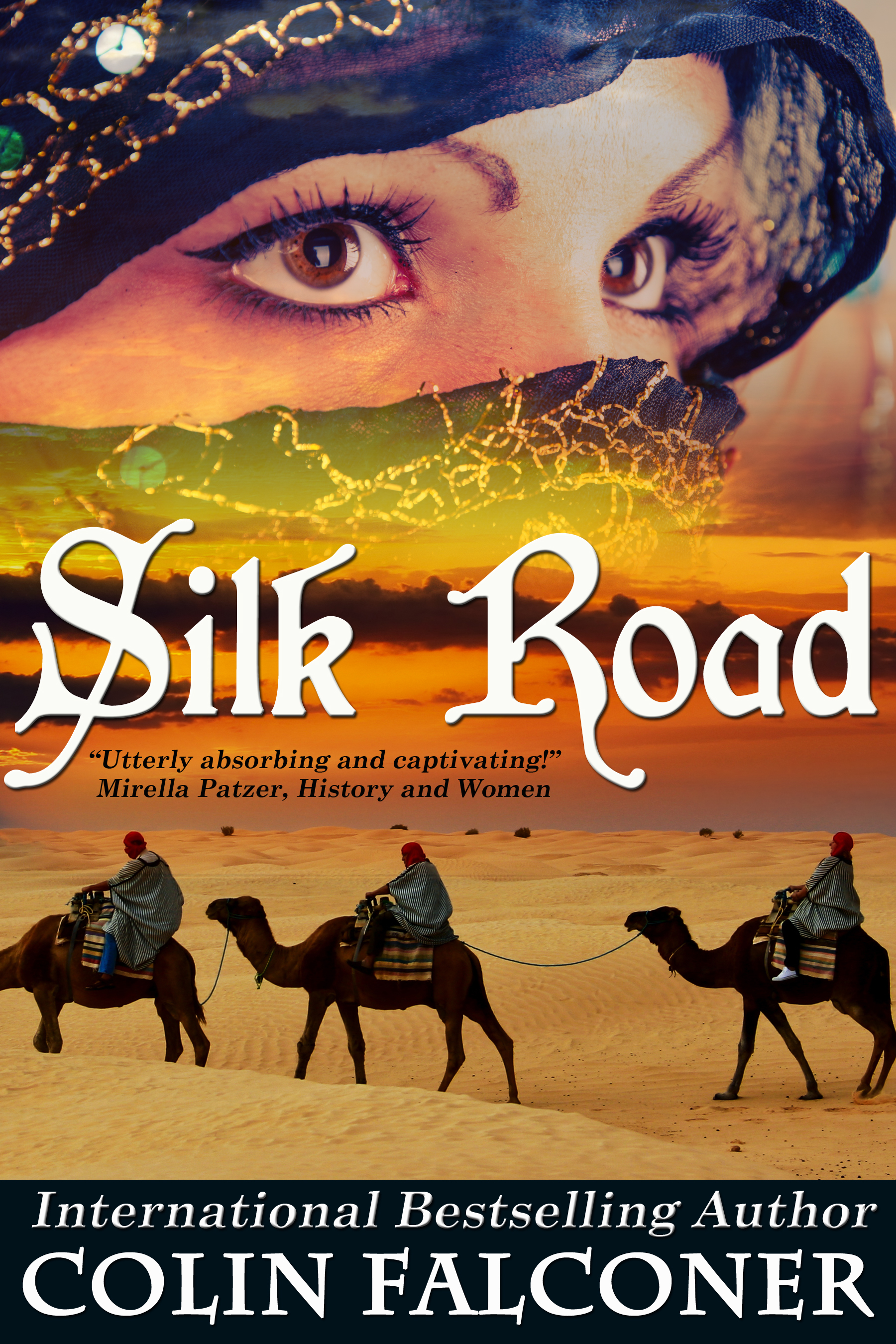
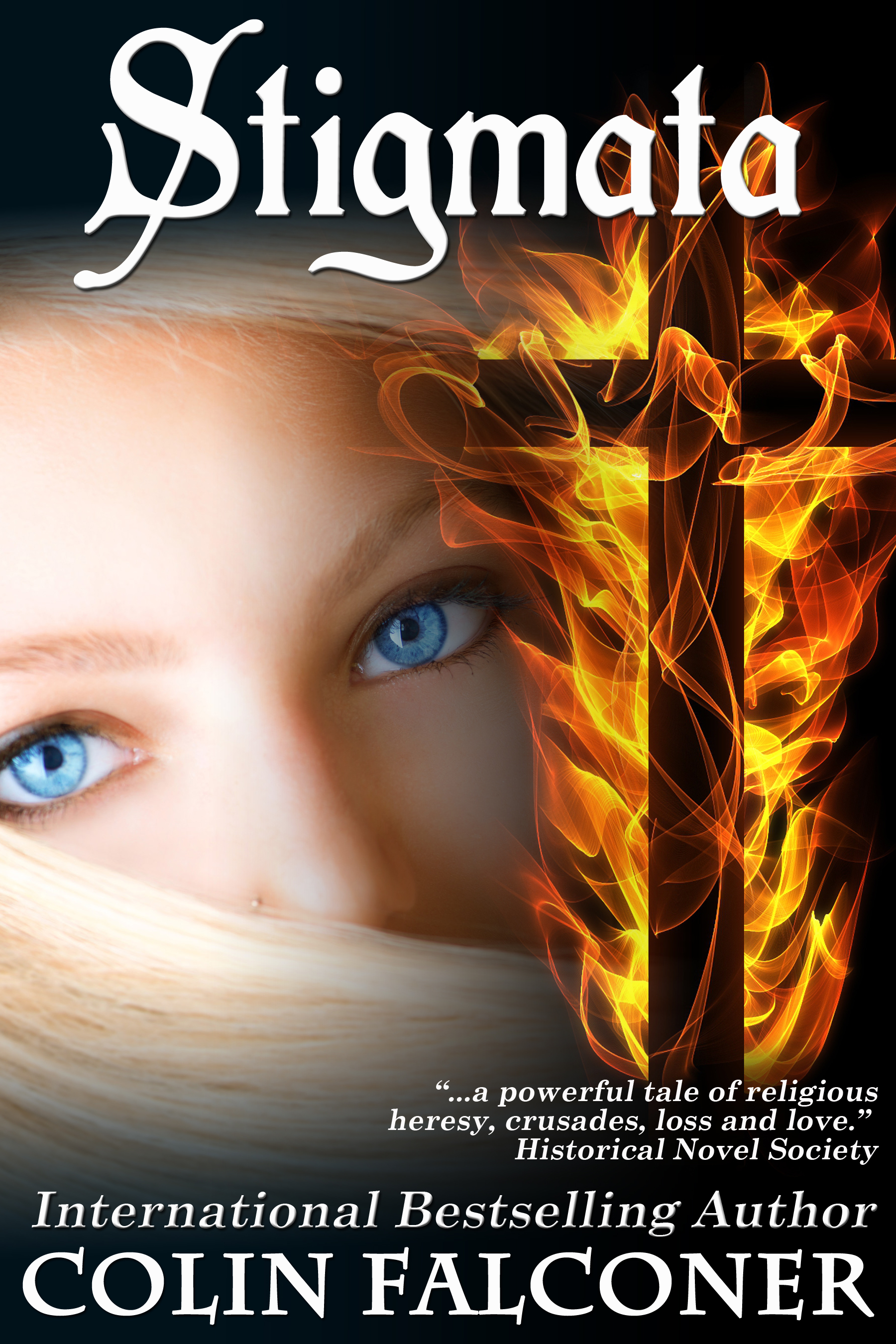
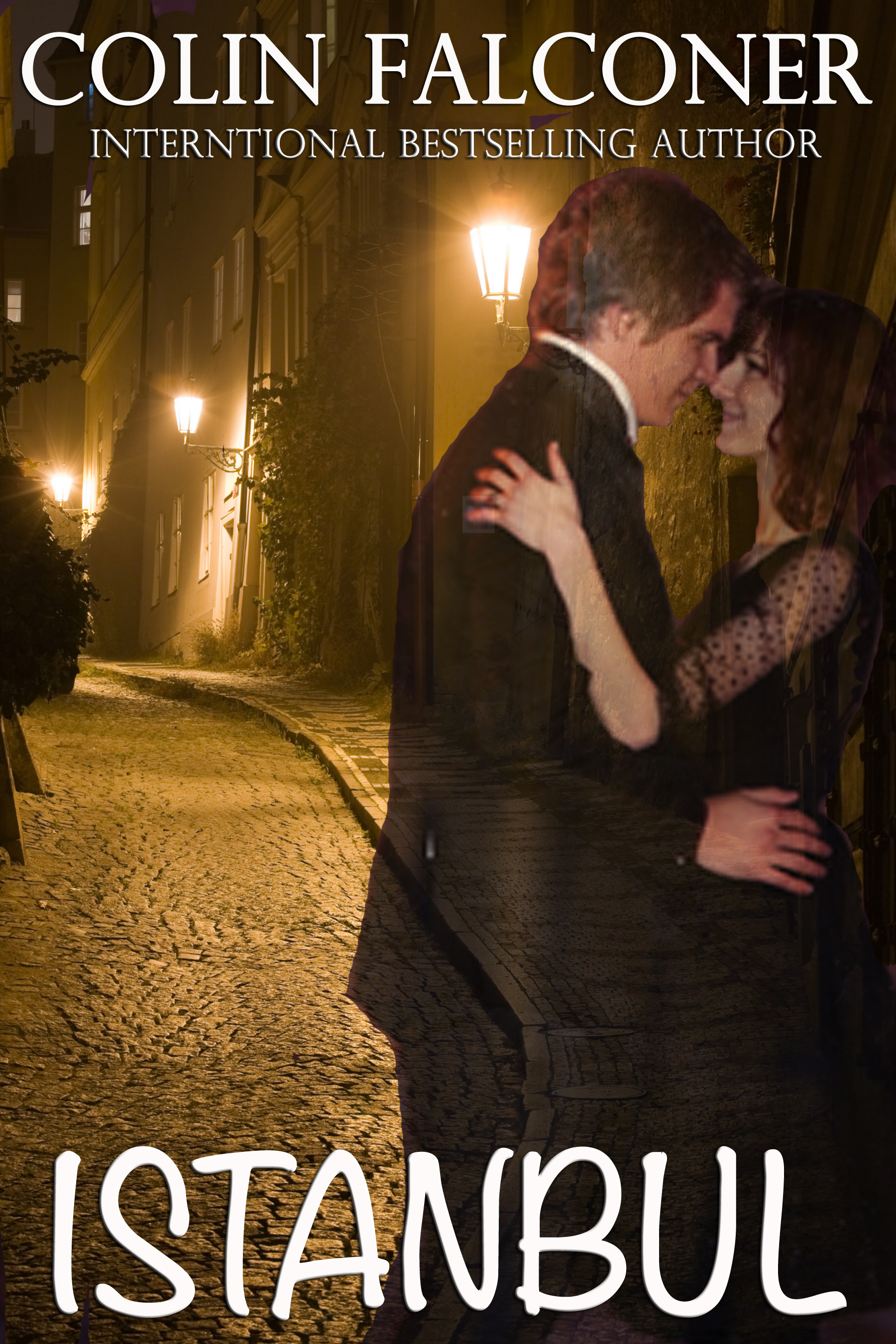

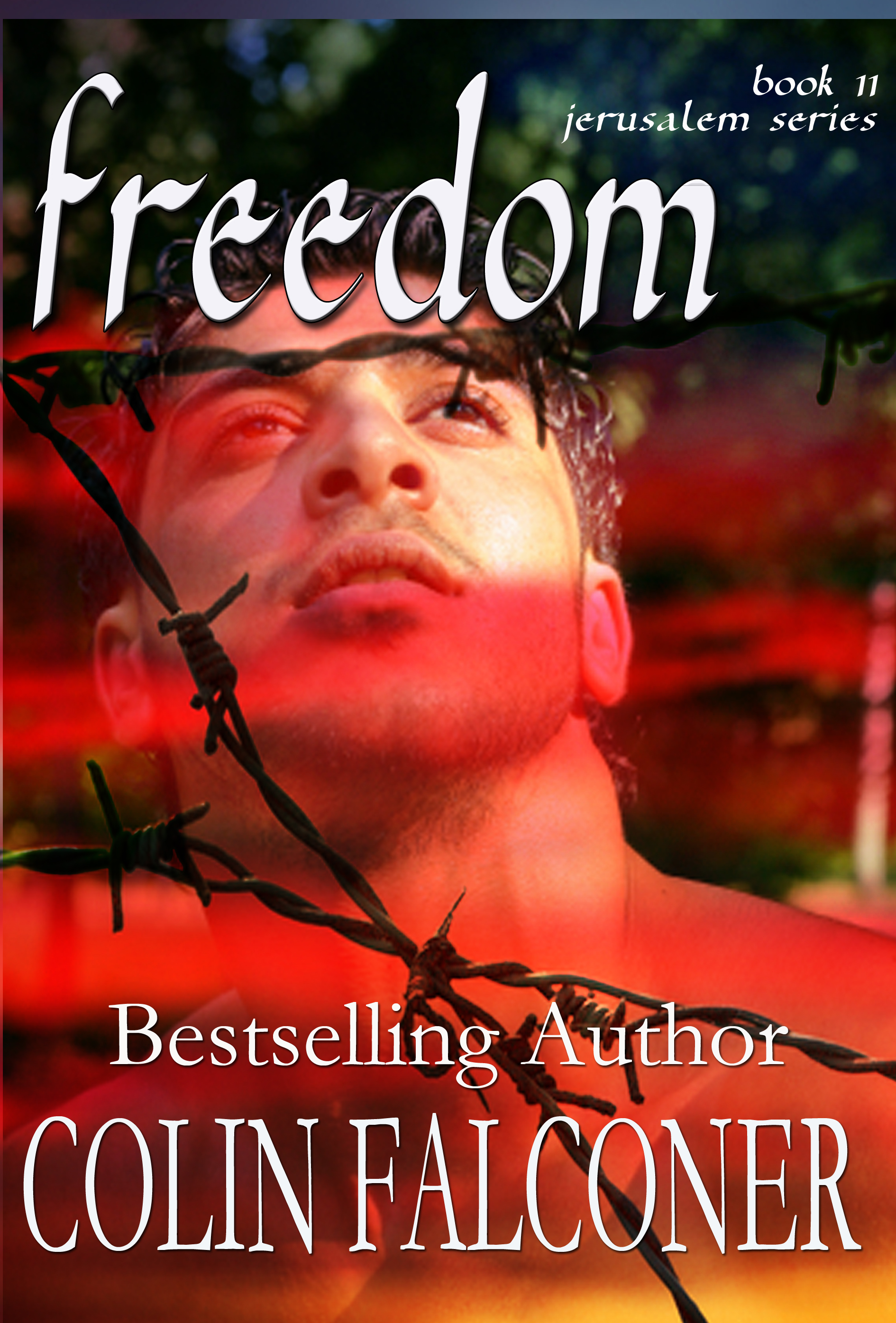


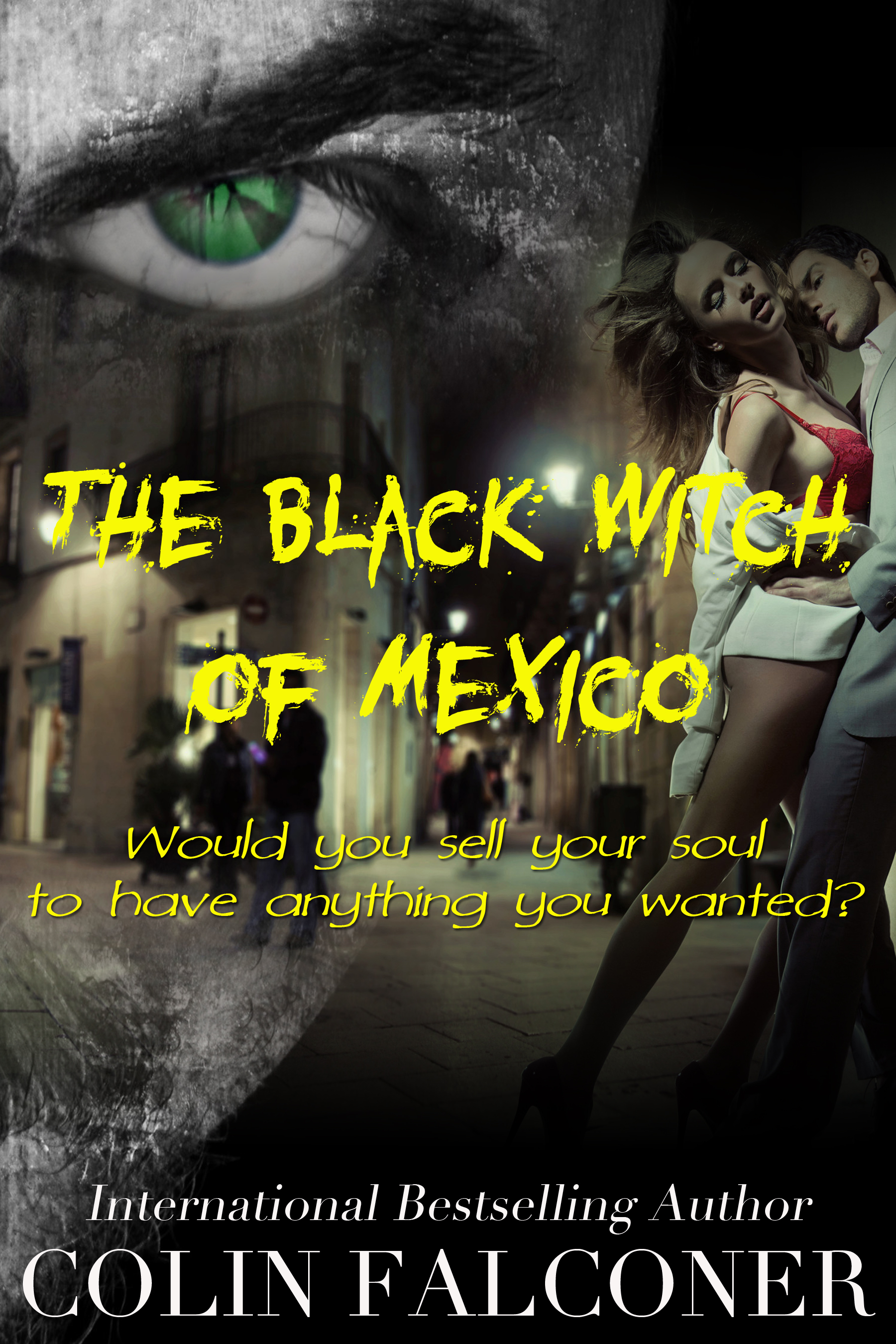

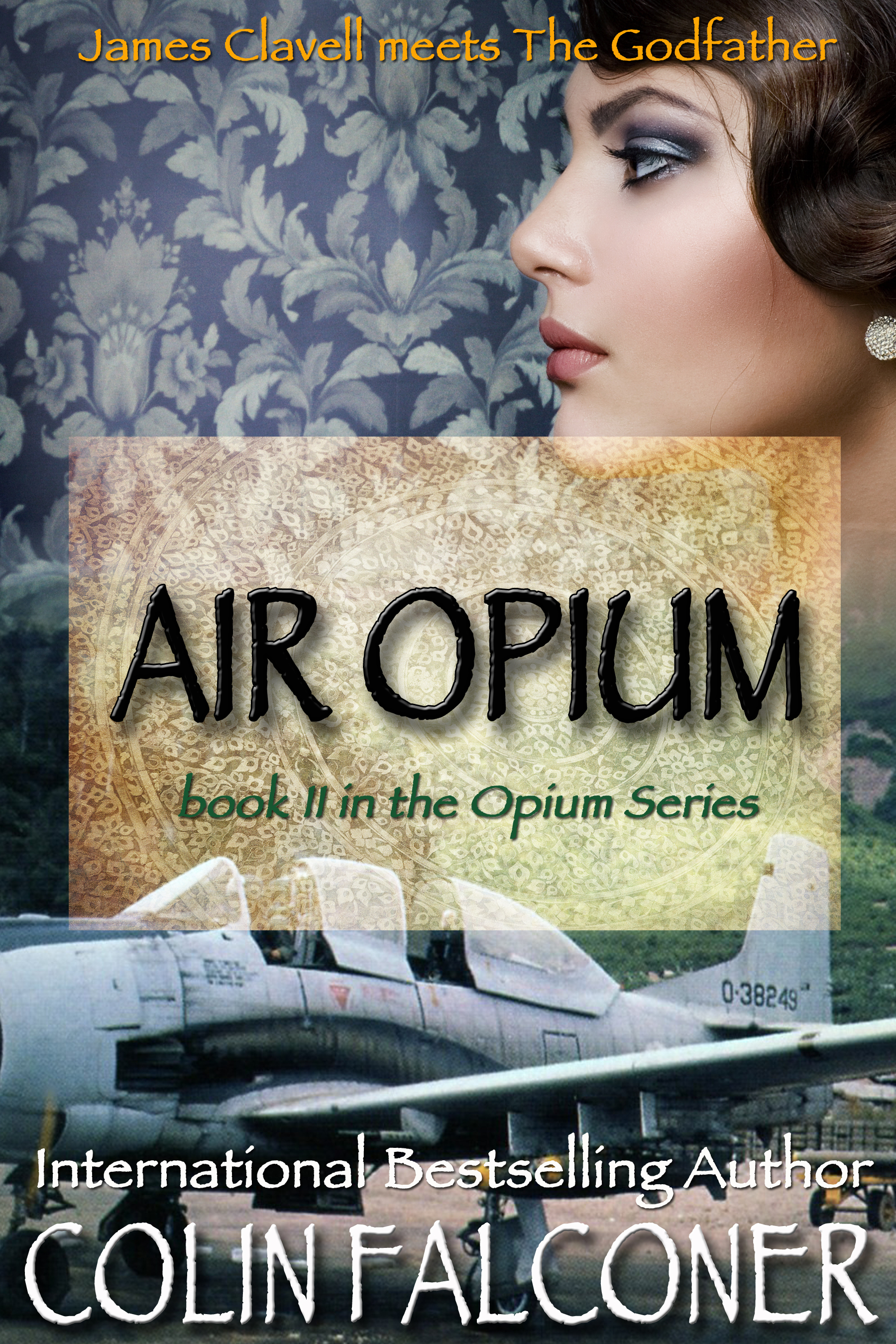
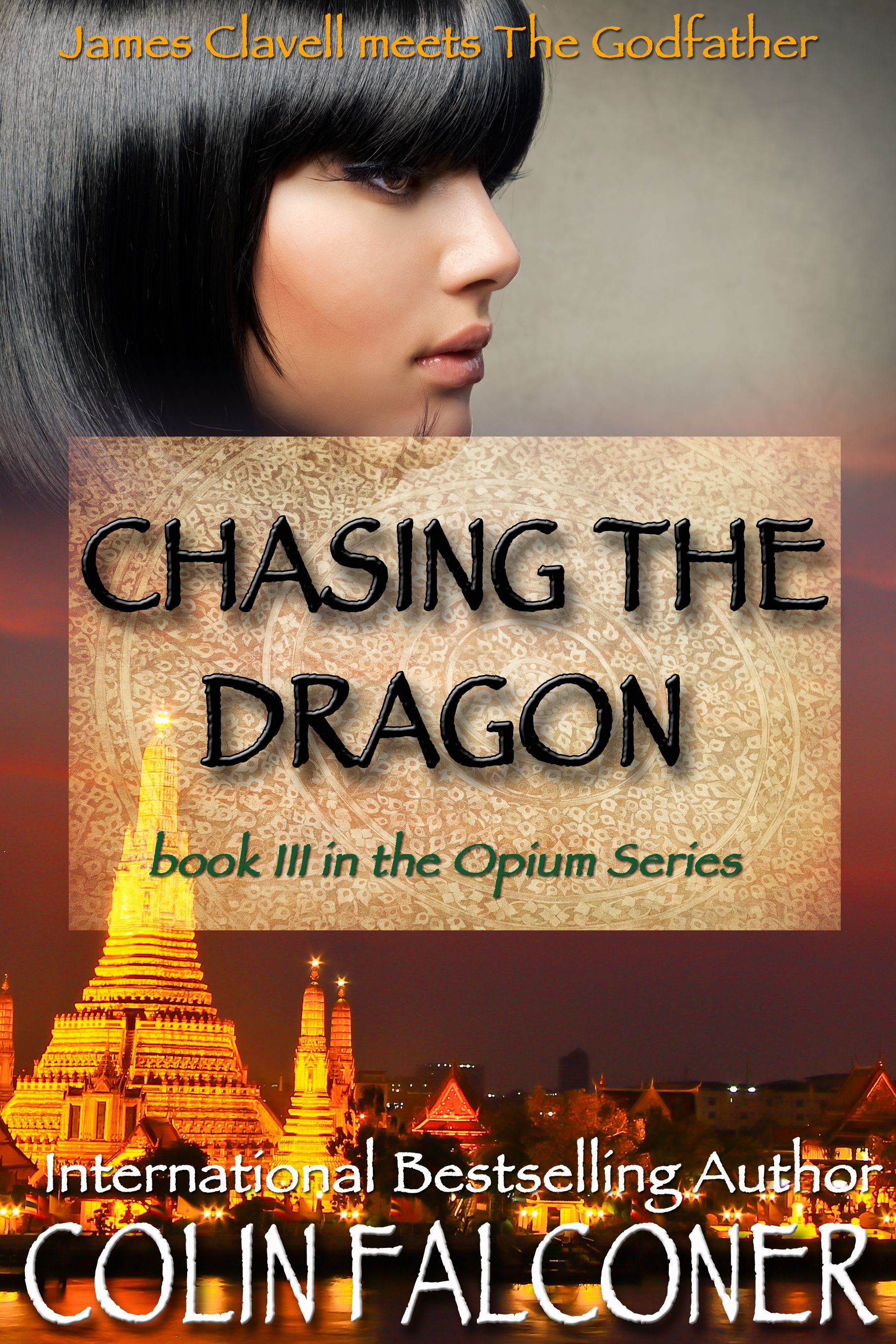
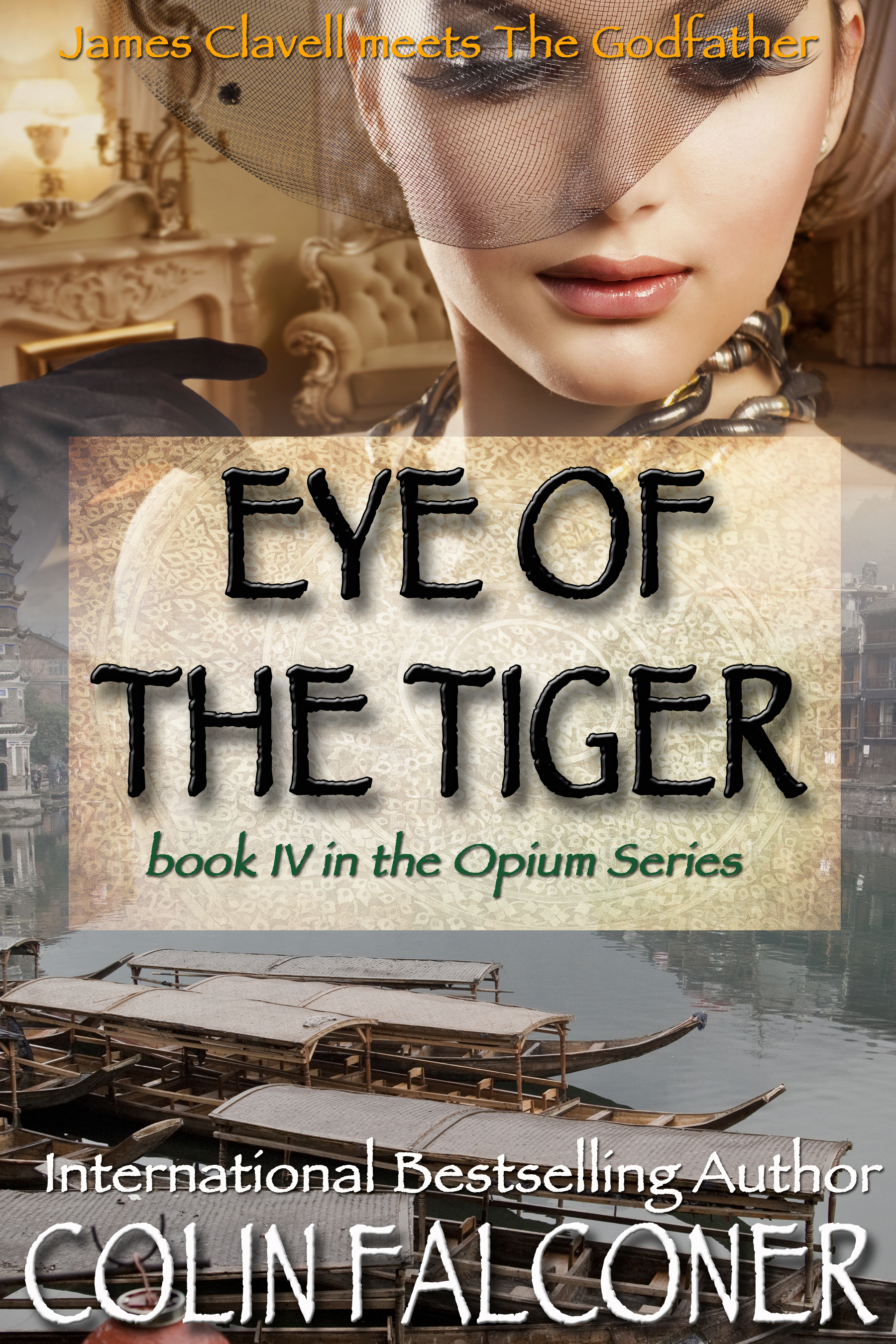
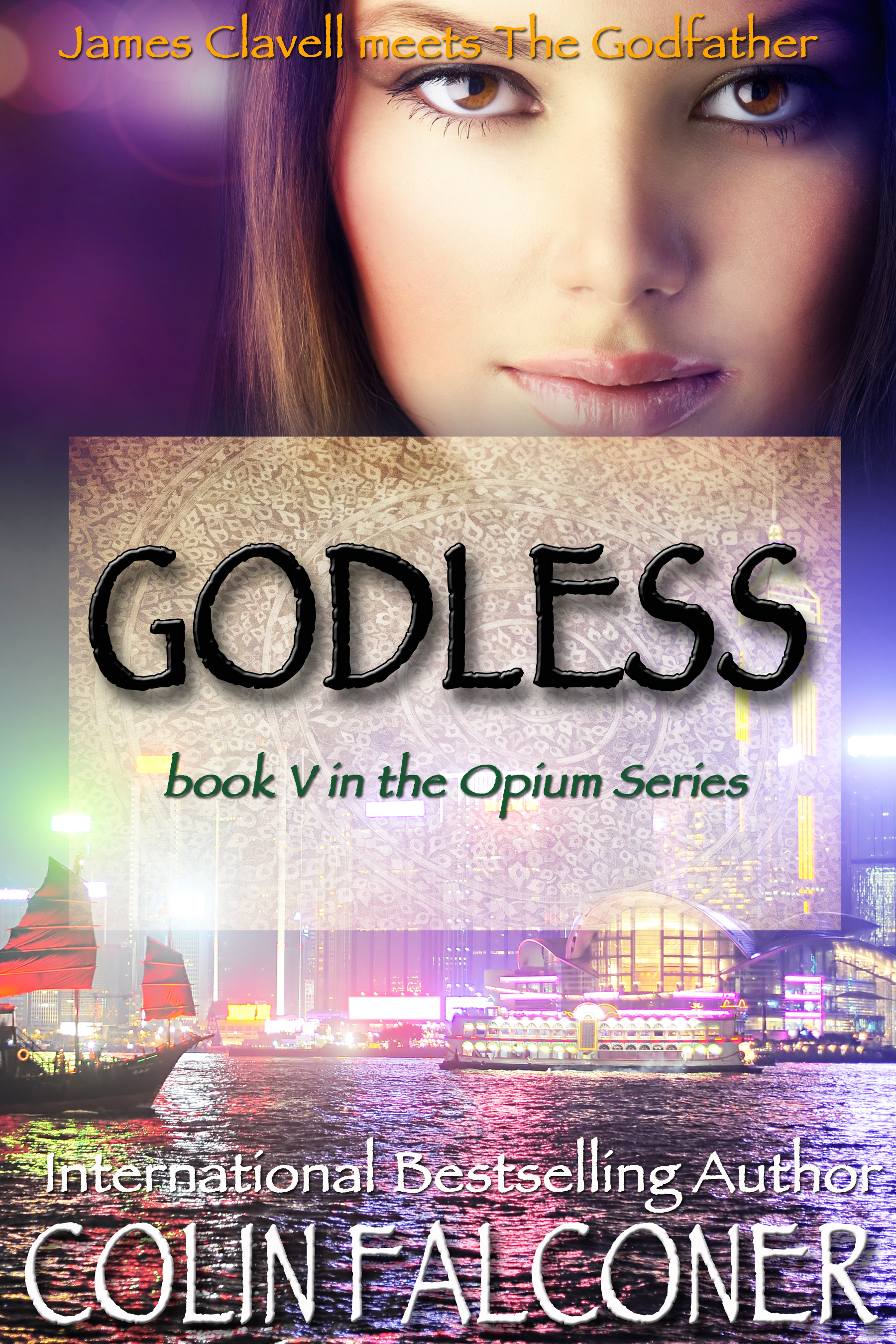
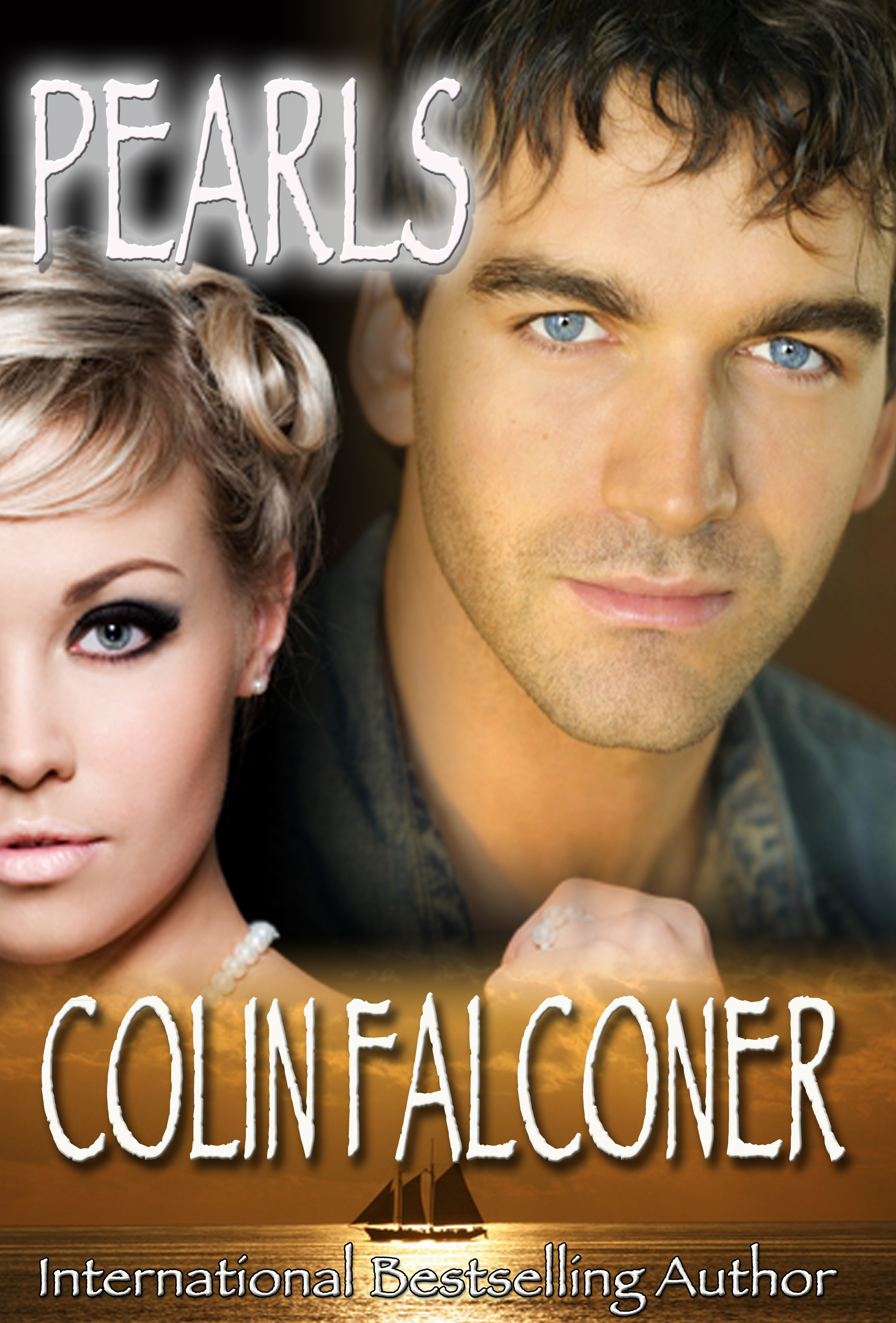

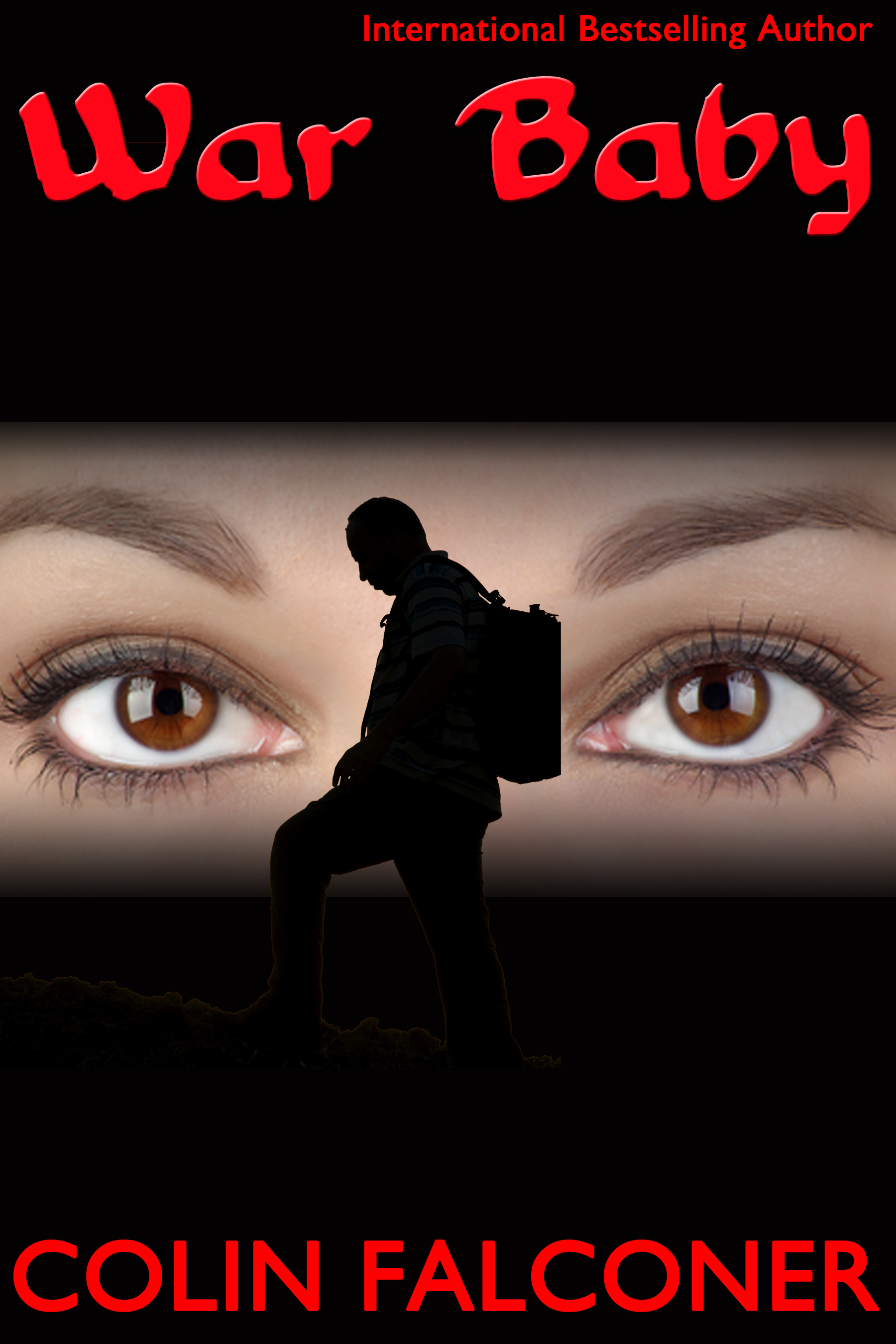
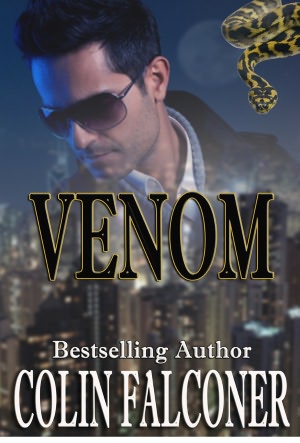
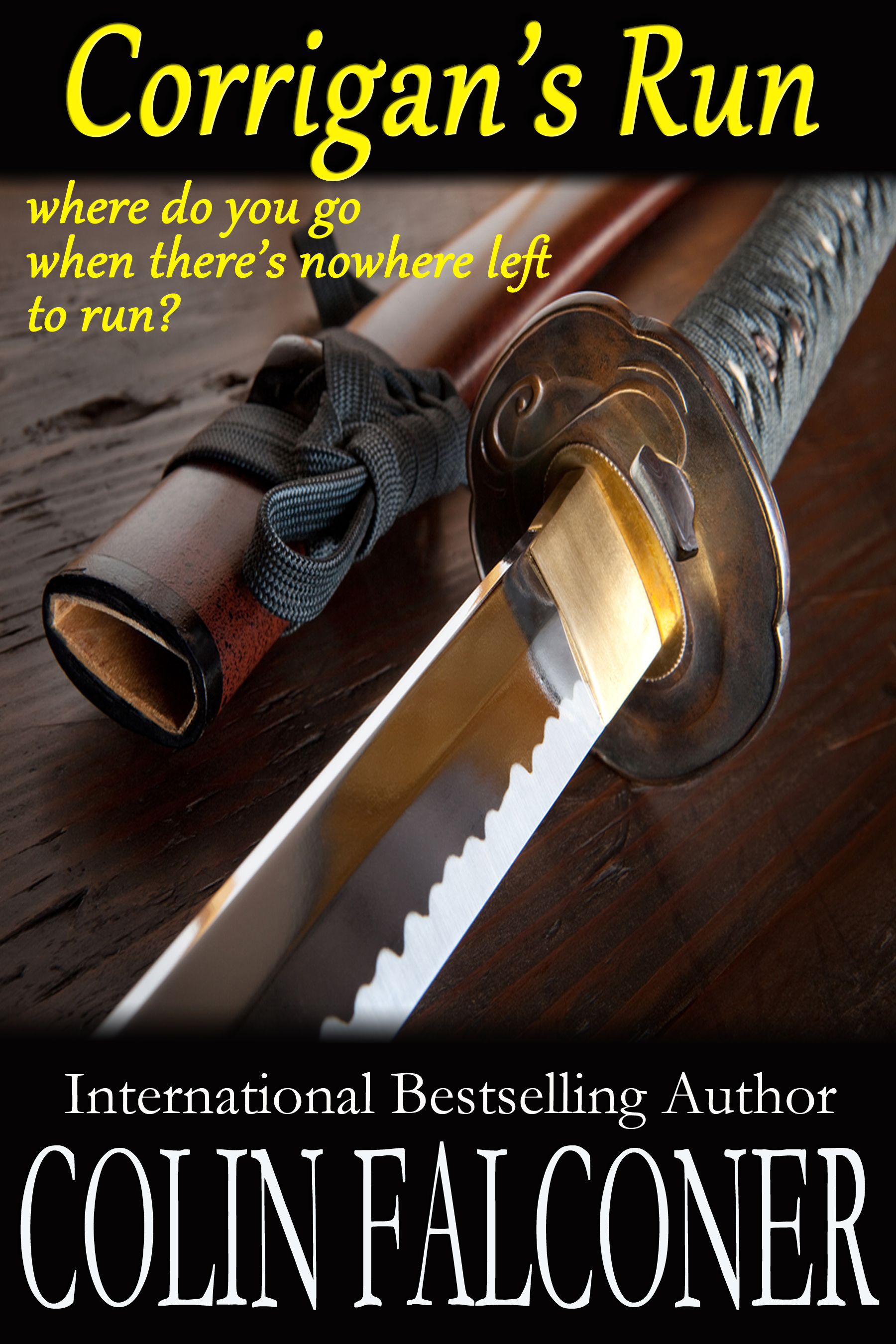
How perverse is this? I now actually want to read the Mahabarata. As soon as I get my brain back from that song, that is. Thanks for the shout out.
Well Piper, that IS perverse. You’ll need a long weekend at least. And I loved your post on what is happening in Egypt - it beggars belief.
I’m wit6h Piper this monster of a novel is being adding to my TBR list.
Oh Alica … you just added the equivalent of 3 War and Peacs to your reading pile!
Wow. And just think: if a writer submitted an eight-million word manuscript, no publisher would even look at it.
Well I guess there wasn’t as much competition in 400 AD. I’d like to meet the slush pile assistant who saw THAT drop in her tray. “Thank God I only have to read the first and last page!” BTW the longest book ever written and published was PROUST’s Remembrance of Things Past at 1.2 million words in seven volumes - you’re right, these days it wouldn’t see the light of day.
LOL at the comment above! And I thought The Stand was long…
I believe The Stand was less than half a million. That Stephen King is a real slacker.
Mwahahaha! I bet not many know what you mean by Achy-Breaky heart!
One point eight million words - no problem - bring it on!
Good God, Colin you’re on a roll with these blog posts and all this information!
Oh, I think a few people might know what I mean about that Billy Ray song, CC! I heard it last time about five years ago and I still wake up humming it some mornings. If I ever meet that guy, he’s going to meet the same grisly end as the guys in the Mahabarata …
Pingback: The End is Near (and we deserve it). . . . School Misspells Its Own Name for Nine Years « Author Piper Bayard
If it’s any consolation, most Indians havent read it either, and have only seen the TV version(seen in the vid above). The only part of the Mahabharat that is actually wide read is the Gita.
The only part of the Mahabharat that is actually wide read is the Gita.
I guess no many people have read all the Bible either. I believe the TV version of the Mahabarata was hugely popular in India though
Oh, great! Thanks! Now I’ve got that Billy Ray Cyrus song in my brain! LOL!
And if I took the time to read that monstrosity I think I would have an Achy Breaky Heart!
Ditto on C.C. comment! You are on a roll Colin!
And yeah, Karen, sorry about the Billy Ray Cyrus auto-suggestion but there’s no reason I should suffer alone! And no, I’m not even thinking about attempting the Mahabarata like some brave souls here. But the book does have fascinating history. Now sing it with me: don’t tell my heart, my achy-breaky heart …